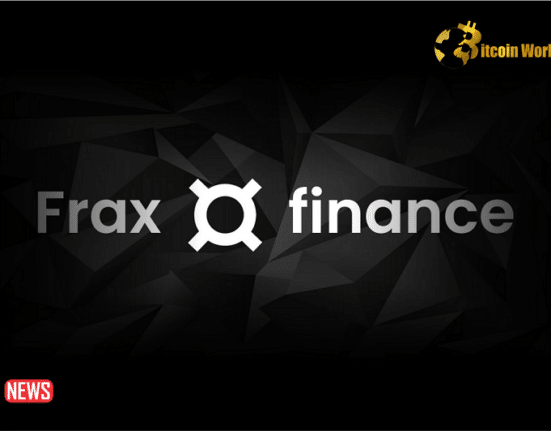Ethereum’s transaction fees experienced an unprecedented 1,900% surge due to a sudden influx of transactions from a wallet linked to the leading cryptocurrency exchange, Binance. Over just 24 hours, this wallet, known as “Binance 14,” moved more than $840,000 worth of Ethereum ($ETH), causing Ethereum users to face escalating transaction fees as they sought to expedite their transactions amid limited block space.
Etherscan, a prominent Ethereum blockchain explorer, recorded the wallet’s movement of ETH from wallets that had been dormant for nearly three years. This flurry of activity resulted in a substantial increase in Ethereum transaction fees, with users forced to pay higher fees to ensure their transactions were processed promptly.
In response to concerns raised by users on social media, Binance acknowledged that these transactions were part of a routine consolidation of its assets into a specific wallet. The exchange also acknowledged the surge in transaction fees but characterized it as an “unintentional but quickly resolved” consequence of its actions.
The decision to execute these transactions rapidly, causing network congestion and higher fees, prompted many to question Binance’s rationale. The incident has intensified ongoing debates and skepticism surrounding Binance’s operations, particularly in light of the lawsuits filed by the U.S. Securities and Exchange Commission (SEC) accusing the exchange of violating securities laws.
These transactions occurred shortly after a participant in an Ethereum initial coin offering (ICO) moved a substantial 6,000 ETH valued at nearly $10 million to the popular cryptocurrency trading platform Kraken. This move could lead to a significant token sale in the market.
Data from the Ethereum blockchain reveals that the massive whale transaction incurred relatively low transaction fees, amounting to approximately $2.8. While this transaction might suggest a substantial entity cashing out, it’s essential to note that the whale’s wallet still holds 49,000 ETH, equivalent to nearly $80 million.
In conclusion, the sudden surge in Ethereum transaction fees caused by Binance’s wallet activity has sparked debates and raised questions about the exchange’s practices. The incident has added to the regulatory scrutiny and legal challenges that Binance faces, further highlighting the complexities and challenges within the cryptocurrency industry.















